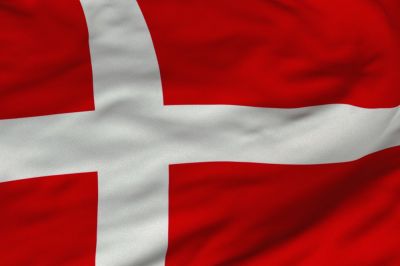Population (mln): 5,56
Official language/s: Danish
Time zone: UTC+1 Winter, UTC+2 Summer
Internet TLD: .dk
Calling code: +45
Member of the EU from: 1st January 1973
Unemployment rate Sep 2011 (%): 5.8
Unemployment rate under 25 years Sep 2011 (%): 14,6
Unemployment rate Sep 2012 (%): 7.4
Unemployment rate under 25 years Sep 2012 (%): 12.9
Population statistics 20-29 age group 2011 (%): 11,5
Country codes in education system: DK
Expected duration of education (years): 18,8
